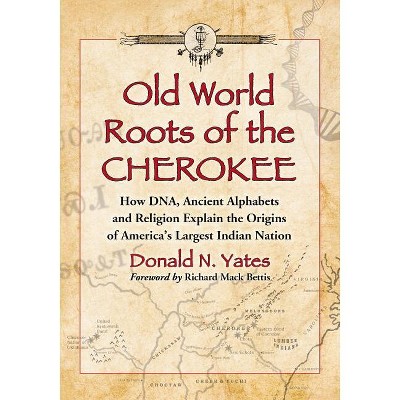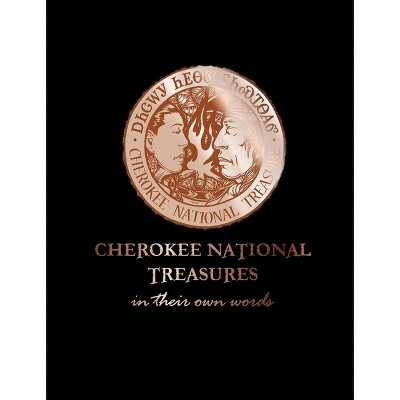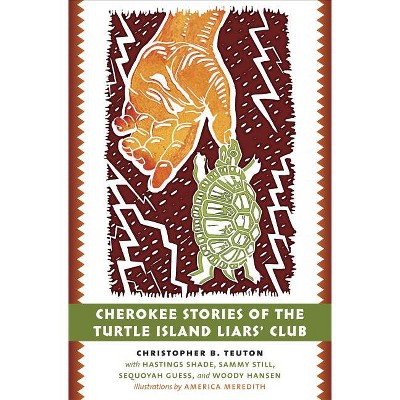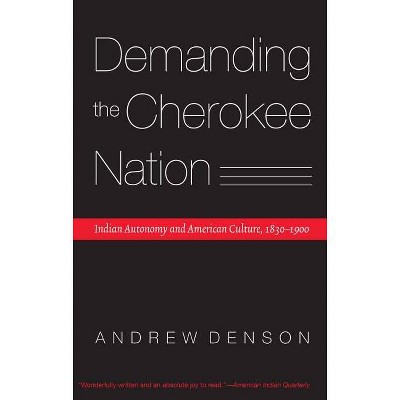About this item
Highlights
- Cherokee women wielded significant power, and history demonstrates that in what is now America, indigenous women often bore the greater workload, both inside and outside the home.
- About the Author: Karen Coody Cooper was born in 1946 in Oklahoma where her grandmother grew melons on a Cherokee allotment.
- 245 Pages
- Social Science, Ethnic Studies
Description
About the Book
"Cherokee women wielded significant power, and history demonstrates that in what is now America, indigenous women often bore the greater workload, both inside and outside the home. During the French and Indian War, Cherokee women resisted a chief's authority, owned family households, were skilled artisans, produced plentiful crops, mastered trade negotiations, and prepared chiefs' feasts. Cherokee culture was lost when the Cherokee Nation began imitating the American form of governance to gain political favor, and white colonists reduced indigenous women's power. This book recounts long-standing Cherokee traditions and their rich histories. It demonstrates Cherokee and indigenous women as independent and strong individuals through feminist and historical perspectives. Readers will find that these women were far ahead of their time and held their own in many remarkable ways"--Book Synopsis
Cherokee women wielded significant power, and history demonstrates that in what is now America, indigenous women often bore the greater workload, both inside and outside the home. During the French and Indian War, Cherokee women resisted a chief's authority, owned family households, were skilled artisans, produced plentiful crops, mastered trade negotiations, and prepared chiefs' feasts. Cherokee culture was lost when the Cherokee Nation began imitating the American form of governance to gain political favor, and white colonists reduced indigenous women's power.
This book recounts long-standing Cherokee traditions and their rich histories. It demonstrates Cherokee and indigenous women as independent and strong individuals through feminist and historical perspectives. Readers will find that these women were far ahead of their time and held their own in many remarkable ways.
Review Quotes
"Full of informative anecdotes about the lives and accomplishments of women past and present... There's also important background material about Cherokee survival and adaptation in the wake of the forced migration known as the Trail of Tears. ...an engaging work that covers subjects that deserve close study"-Kirkus Reviews
"What Richard Powers' The Overstory and Suzanne Simard's revolutionary Finding the Mother Tree: Discovering the Wisdom of the Forest did for botanical science, Karen Coody Cooper does for social science and gender politics"-Robert Franklin, McFarland Founder and Editor-in-Chief
About the Author
Karen Coody Cooper was born in 1946 in Oklahoma where her grandmother grew melons on a Cherokee allotment. After studying anthropology Cooper worked at museums in three states before employment at the Smithsonian's National Museum of the American Indian. Retired, she has written or co-authored half a dozen history books. She lives in Tahlequah, Oklahoma.Shipping details
Return details
Trending Poetry












